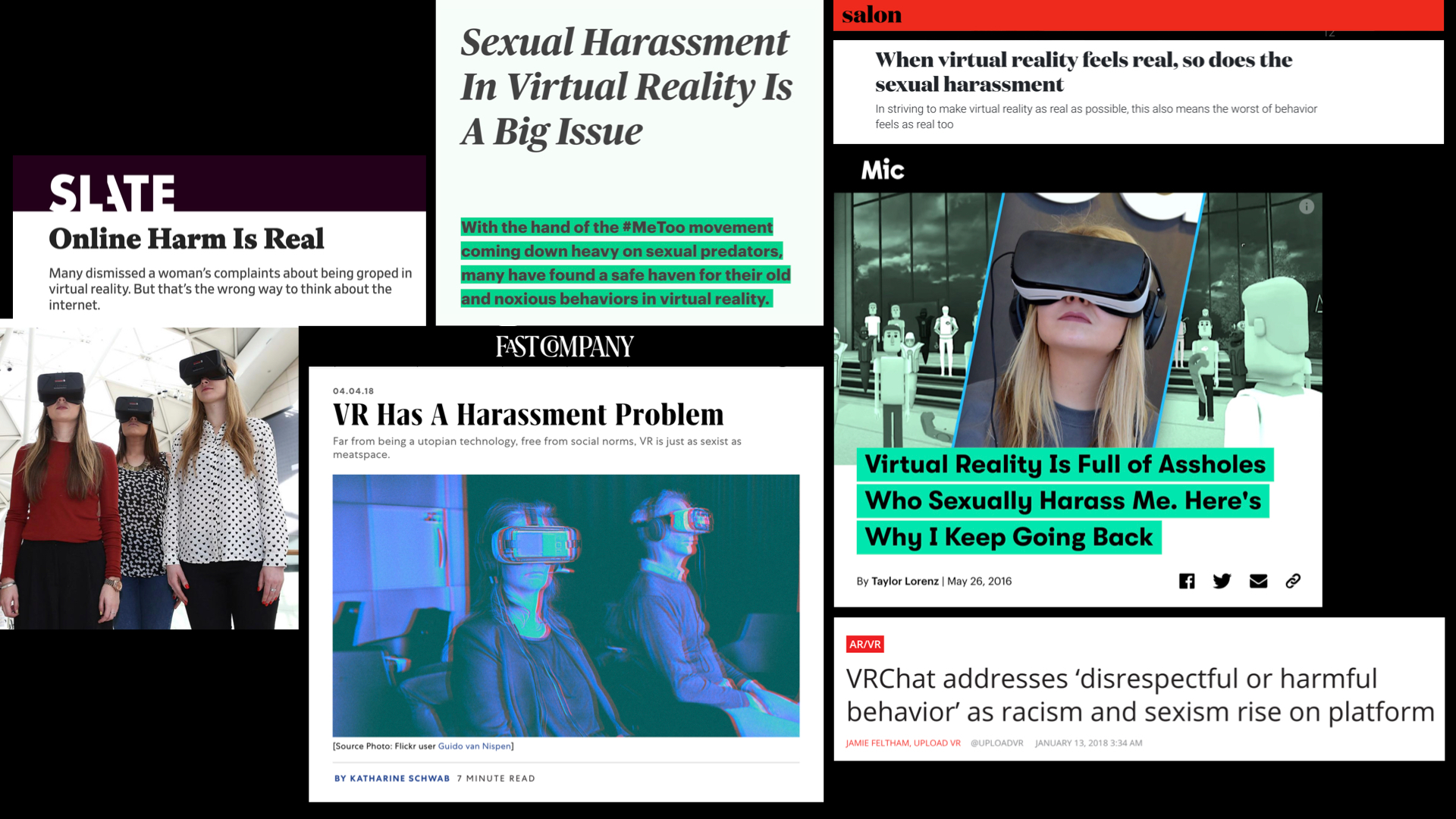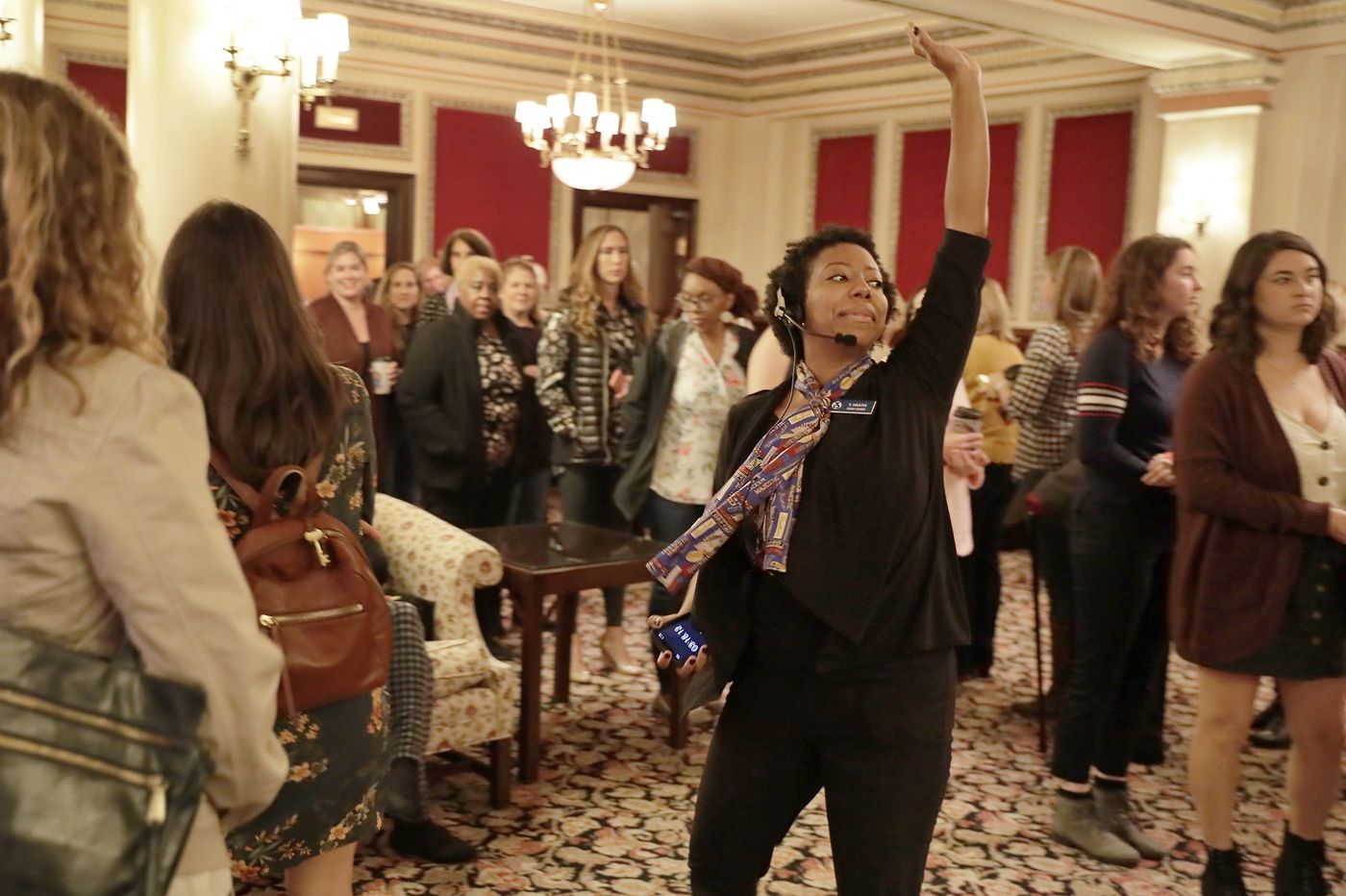Here are a few posts from last week's Greenpage that might be worth your time...
Studies Show Big Impact of Small Theatres in NY, Chicago
AMERICAN THEATRE: Two new studies of two different metropolitan areas give hard numbers to what many suspect: that small theatres have an outsized influence not only on the theatre business but on local economies as well. A study published by New York Mayor Bill de Blasio’s office of media and entertainment shows that the city’s theatres and their artistic output contribute $1.3 billion annually to the local economy. And in Chicago, Chris Jones of the Chicago Tribune found that small theatres contributed $80 million, based on a study released by the Gaylord and Dorothy Donnelley Foundation. To give a sense of scale, New York’s commercial Broadway theatres are estimated to contribute $12.63 billion to the New York City economy, while Broadway in Chicago—a production company in the Windy City owned by the Nederlanders—brings in $635 million.
Anita Hill’s Commission Launches Survey on Sexual Harassment
Variety: “Due to the heroic and brave work of many, we all now know there are serious problems of harassment, bias and mistreatment of others in Hollywood,” Hill said. “What we need to get our arms around, if we’re going to come up with effective solutions, is reliable data that reveals the specific nature and actual extent of those problems as well as the cultural environment that enables and hides them.”
Behind the Scenes Announces Remarkable Response to Mental Health Survey
Stage Directions: Behind the Scenes announces that its recent Survey to Assist in the Development of a Mental Health and Suicide Prevention Initiative in the Entertainment Industry received an incredible response from the industry with over 3,300 people completing the survey. We are humbled by the amazing number of people who shared their stories with us about personal challenges and struggles or those of friends and family.
Are we headed for a high-tech version of Hollywood's bad old days?
theweek.com: On Monday, the Department asked a court to jettison a series of decrees dating back nearly 70 years. These "Paramount decrees" arose from a Supreme Court case in 1948, in which Paramount Pictures was the main plaintiff. The decision forced the big Hollywood studios to give up anti-competitive practices that dictated terms to the theater chains, or owned them outright. A series of subsequent agreements with the Justice Department solidified the new rules for the film market.
National Endowment for the Arts Announces Expansion of Creative Forces Healing Arts Network
NEA: Creative Forces is an initiative of the National Endowment for the Arts in partnership with the U.S. Departments of Defense and Veterans Affairs as well as state and local arts agencies to provide access to creative arts therapies—art, music, and dance/movement therapies, as well as creative writing instruction—for service members and veterans suffering from traumatic brain injury (TBI) and post-traumatic stress disorder (PTSD). Through telehealth, creative arts therapists connect with patients in rural and remote places via video conferencing platforms.



















